Emirates wants to adapt the government structure to the challenges of the coming decades
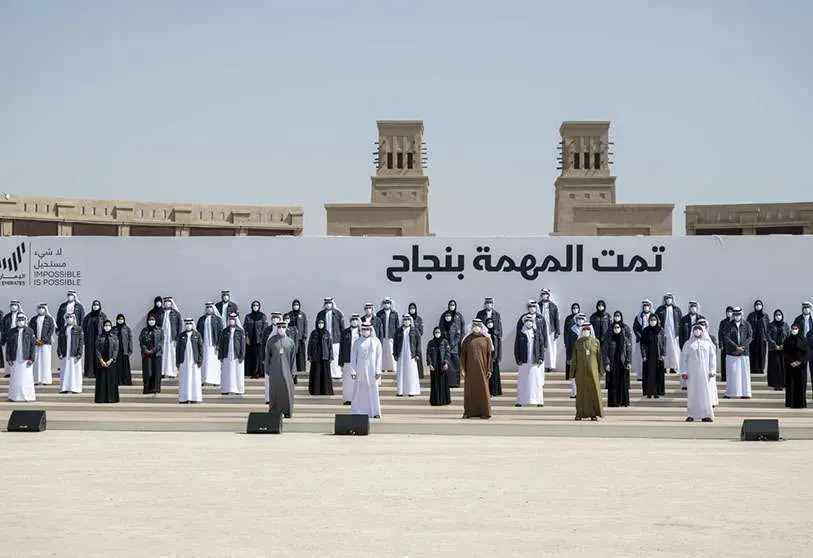
The United Arab Emirates (UAE) is undergoing a structural reform of its government with the aim of making it more dynamic and fit for the national strategy for the next 50 years, Minister of Cabinet Affairs Mohammad al-Gergawi announced.
The minister emphasised that as the country moves into a new era, all sectors, whether public, semi-private or private, must come together to create innovative working models that will define the Emirates' next development journey. For this reason, new integrated action plans will be established for the government and the private sector.
Another announcement made by the Minister is the development of a media strategy to spread the UAE story globally under a unified identity. A project that will help place the UAE on the world stage.
These statements came at the two-day ministerial retreat chaired by Sheikh Mohammed bin Rashid al-Maktoum, Vice-President and Prime Minister of the UAE and Ruler of Dubai, and Sheikh Mohammed bin Zayed al-Nahyan, Crown Prince of Abu Dhabi. The meeting took place at Bab al-Shams, a resort on the outskirts of Dubai.
The event brings together ministers and heads of local executive councils to elaborate the strategic framework of the development vision for the next 50 years, harnessing efforts to boost the country's development.
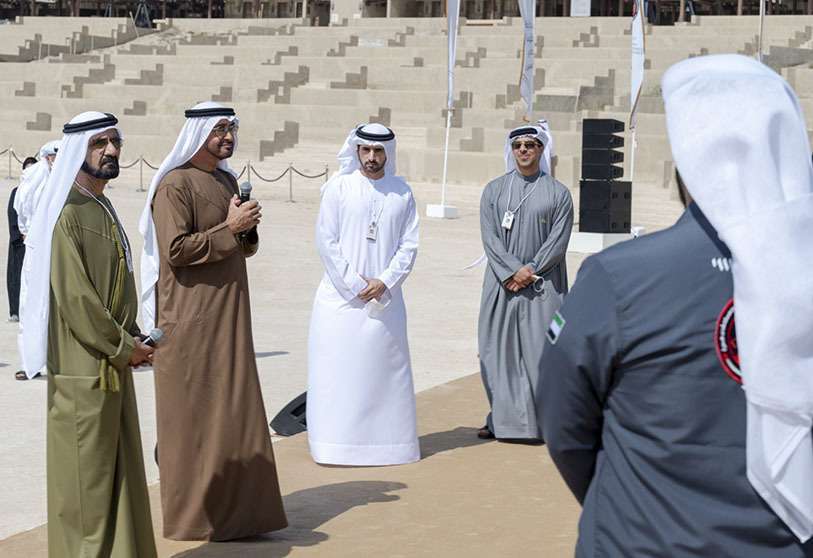
One of the recent events that best represents the UAE's progress from its founding to the present day is the successful launch of its first space probe to Mars.
Last February 9, the Emirates Mars Mission's Hope Probe landed in orbit of the red planet, culminating a seven-month journey and placing the UAE on the short list of countries that have reached Mars.
The probe, which will be monitored from the Mohammed bin Rashid Space Centre, will be tasked with studying the height of the Martian atmosphere and the planet's climate for two years, although this could be extended to three years.
The escape of hydrogen and oxygen from the upper atmosphere, seasonal changes in atmospheric pressure, temperature and dust storms will be among the main objects of study.
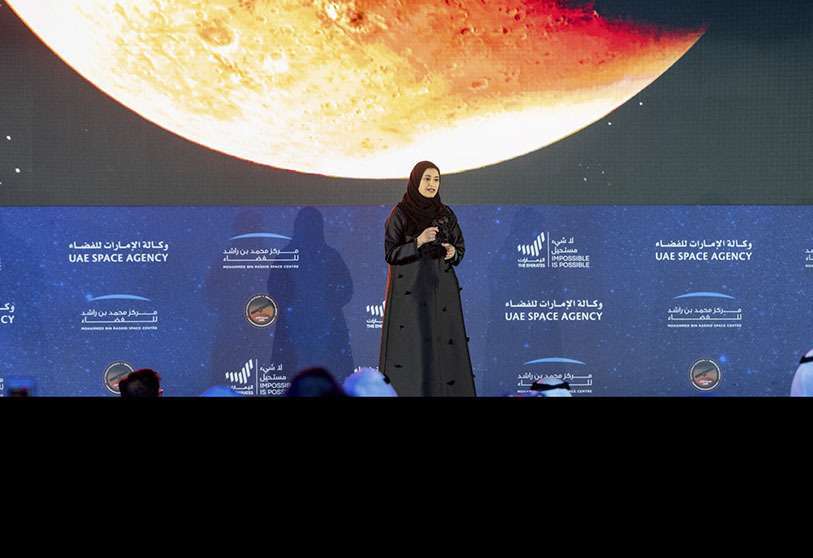
The success of the mission has taken place just on the 50th anniversary of the founding of the country, with the collaboration of the United States. Together with the US mission and China, they are currently the only three countries on Mars.
Such is the importance that the Emirati authorities expect the aerospace sector to have that they recently announced the creation of a 'space court' to adjudicate commercial disputes related to aerospace activities.
Another major milestone they hope to achieve is the launch of the first Arab mission to the moon in 2024, which, if on schedule, will coincide with NASA's planned mission.
To commemorate the UAE's space mission to Mars, the dome of Al-Wasl, a state-of-the-art building at the heart of the Dubai World Expo, which will open its doors between 1 October 2021 and 31 March 2020, was illuminated.
The international event will bring together 200 countries and, in addition to addressing issues of the future and development of humanity, will showcase the rapid progress the UAE has made since its founding in 1971.
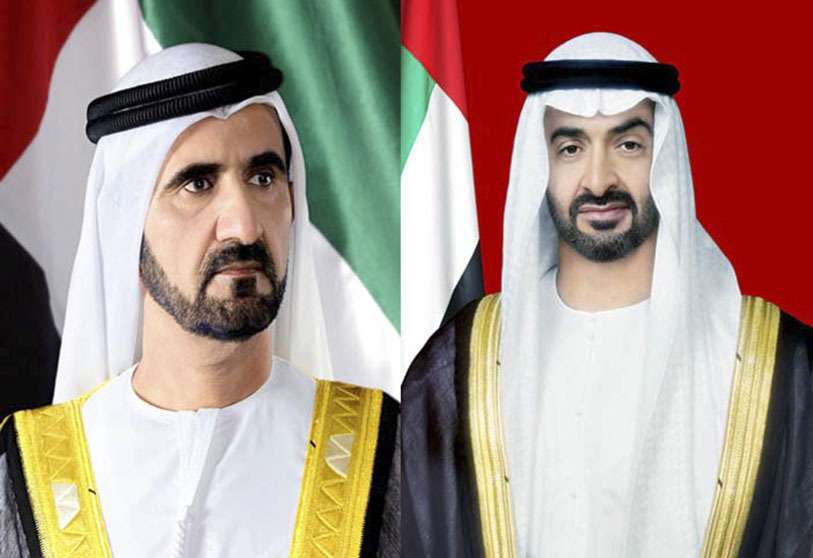
Despite a 6% recession in the Emirati economy in 2020 due to the pandemic, the National Bureau of Statistics estimates GDP growth of 2.5% in 2021. This is a more optimistic forecast than that of the IMF, which predicted a 6.6% drop in 2020. Even so, the Emirati economy has not contracted since 2009.
Oil prices are to some extent holding back the country's growth, which is why the authorities are making efforts to diversify the economy. Non-oil GDP is set to grow by 3.6 per cent in 2021 thanks to increased fiscal spending, a rebound in credit and job creation.
For this reason, sustainable and renewable energy development is a key element of the UAE's long-term development strategy. Some important steps in this direction have already been taken, for example in Dubai, which expects to produce 75% of the city's energy from renewable sources by 2050 and to reduce CO2 emissions by 23.5% in 2030. Authorities have in recent years been investing in different technologies such as the development of hydrogen alternatives to reduce the carbon footprint while boosting economic activity.
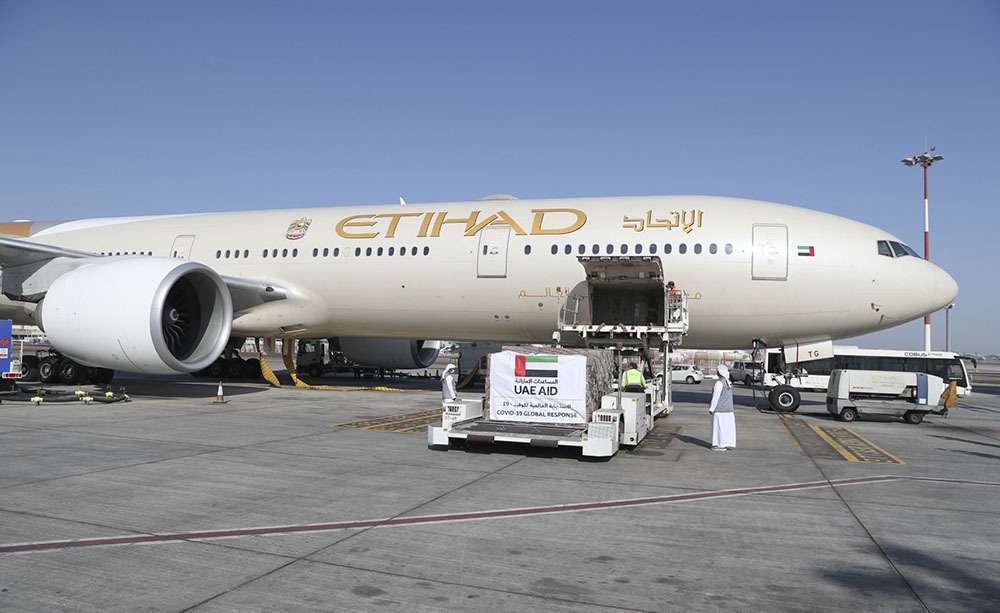
Not all projects led by the UAE are related in one way or another to economic issues. The country has also led initiatives such as the creation of Human Fraternity Day, linked to the Document on Human Fraternity for World Peace and Living Together signed in Abu Dhabi on 4 February 2019, in the presence of Crown Prince Bin Zayed al-Nahyan.
The aim of the initiative, which brought together Pope Francis and the Grand Imam Al-Azhar, is to activate dialogue on coexistence between religions, so necessary especially in the Middle East, where Islamist extremists have wreaked havoc among the local population, especially in countries such as Iraq when Daesh was at its height.
Regarding COVID-19, the UAE is developing its own vaccine and ranks sixth in the world in terms of vaccination. It has also assisted other countries in providing medical supplies and transporting vaccines to less developed countries that do not have the logistical capacity to maintain vaccines.








